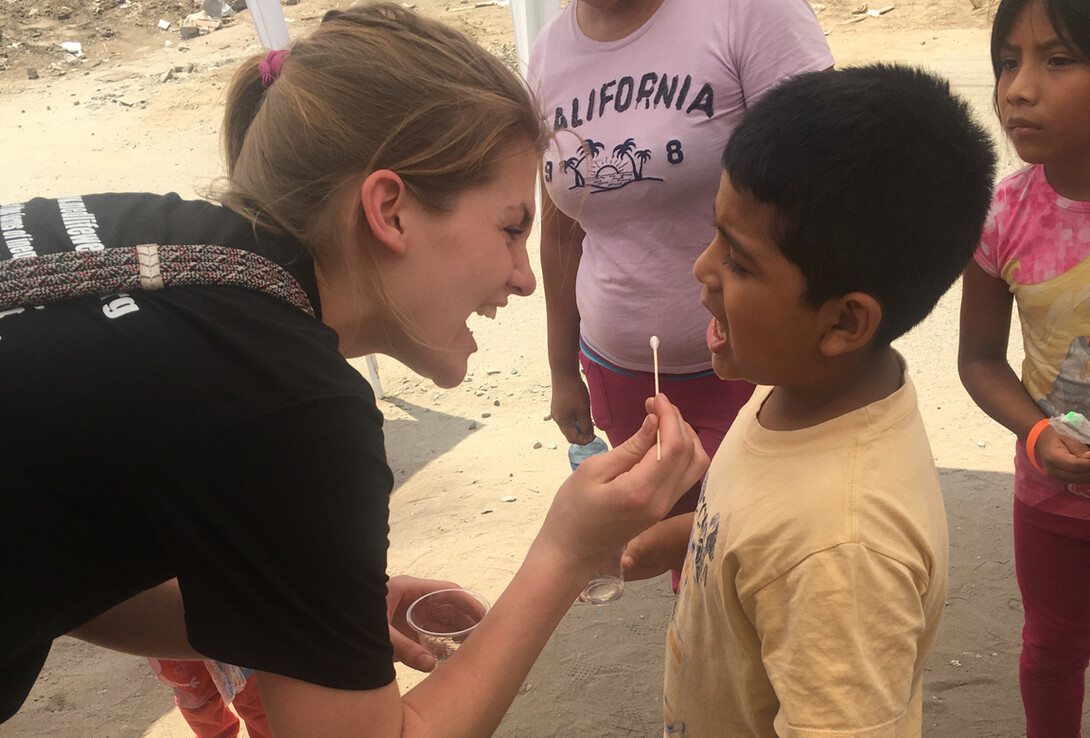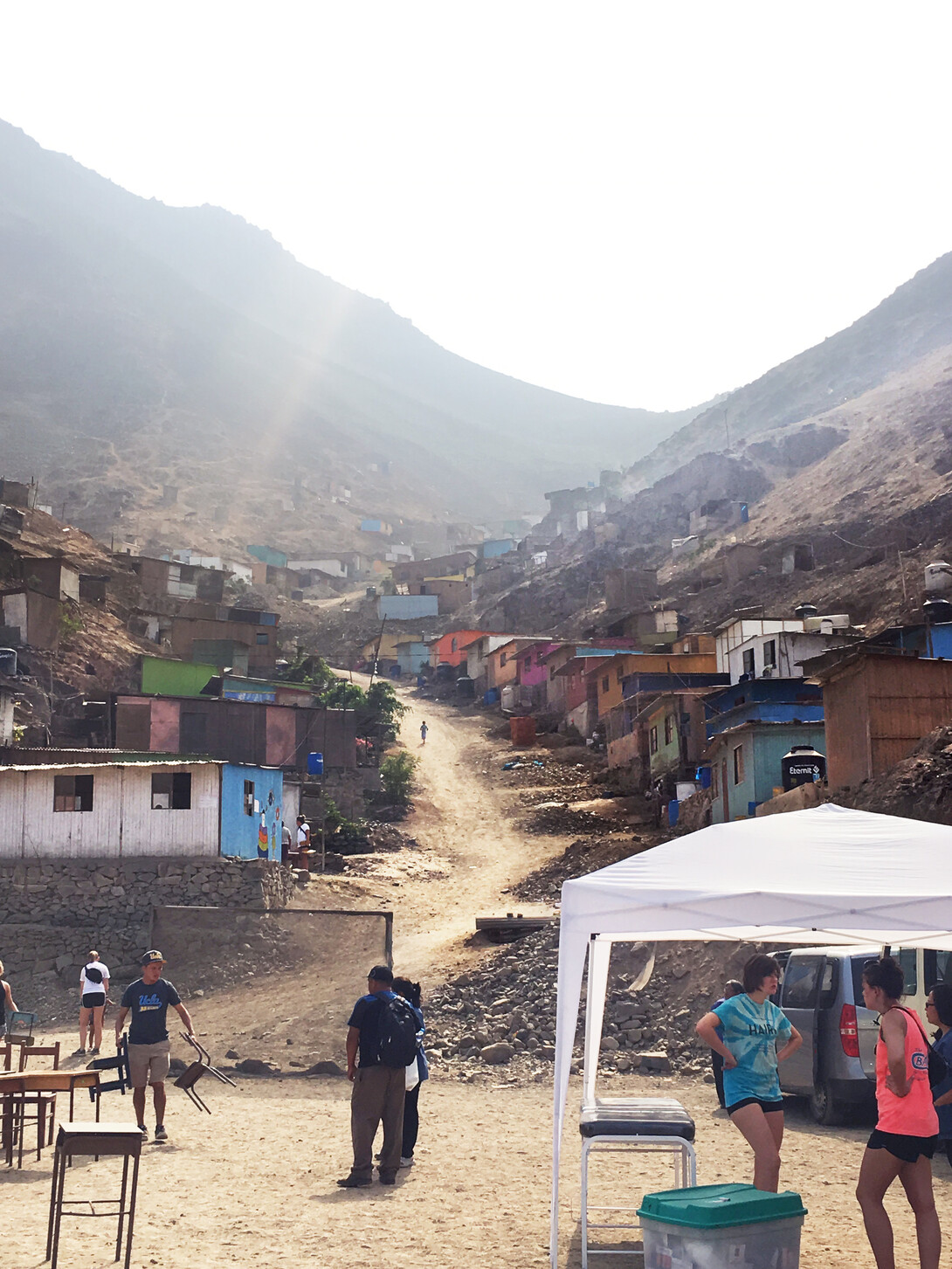
The University of Nebraska-Lincoln campus will become a sleepy giant as its students make their spring break escapes. Some students will go home, others have planned vacations, but a group of 35 Huskers will be setting up and volunteering in mobile health clinics in the poorest areas around Riobamba, Ecuador.
Among the Nebraska undergraduates going is Adrianna Lobitz, a junior psychology major from Mankato, Minnesota, who is embarking on her third spring break trip with the student organization MEDLIFE. The university’s chapter of MEDLIFE is part of the international organization of the same name that partners with low-income communities in South America and Africa to improve access to medicine, health education and community development.
Spending her spring break doing service learning with MEDLIFE is a tradition Lobitz started as a freshman. She has previously worked in mobile clinics around Lima and Cusco, Peru.
“I can’t imagine doing anything else,” she said. “We are improving communities and helping others, and I think it’s so important to advocate for these communities.”
It’s also an incredible educational opportunity for Lobitz, who is working toward a career in medicine. Lobitz said she and her peers rotate through the mobile clinics, working with practitioners in gynecology, pharmacology, dentistry and more, so they’re learning from many health professionals.

Lobitz said each trip has been a meaningful experience and has shown her how much is taken for granted in the United States and other developed nations.
“If I need an ibuprofen, I think nothing of reaching into my bag or asking a friend and I’ll have access immediately,” she said. “These communities don’t have that access.”
Lobitz said the student volunteers also work with children to teach them hygiene skills, such as hand washing and oral care, that will ward off the spread of disease.
“We have a lot of fun with the kids, using glitter to show them how to wash their hands, and teaching them to use a toothbrush, but it’s also another reminder of the lack of access they have,” Lobitz said. “The education piece is so important because that’s the sustainable way to stop the spread of disease.”
When not working in the clinics, the students work on community development projects, such as improving existing structures within a village or building outdoor stairs to increase accessibility because towns are often built into hills.
Lobitz will return on March 25, just in time to go back to classes that Monday. The week is a whirlwind, she said, but the work continues year-round. The organization meets on campus every other week to learn about advocacy for these communities and plan fundraisers for the international organization, which states that 100 percent of the donations go directly to the communities it serves.
Lobitz, the group’s vice president, said she’ll spend her final year in the organization continuing helping it grow.
“I think there’s a misconception that it’s only for pre-med students, but it’s open to anybody and is a great experience for everybody who gets involved,” she said. “It’s such a unique experience. The impact is much larger than spending a week in South America.”







